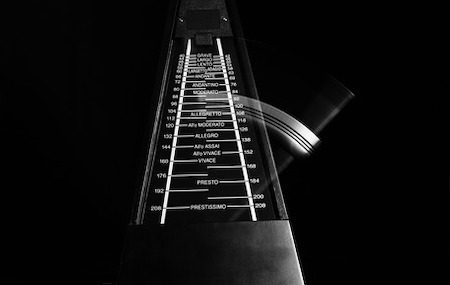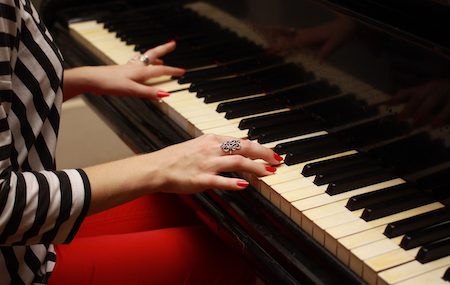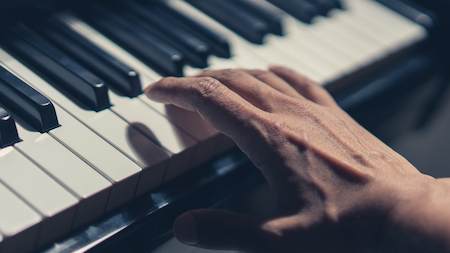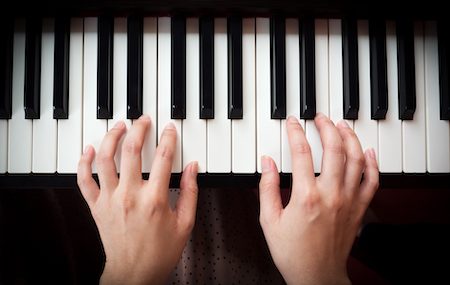Depending on your living arrangements, you might have your piano mixed in with other pieces of furniture. Or maybe you’ve dedicated exclusive space to a piano you’ve saved up for for years.
Do you enjoy playing? Is the sound enjoyable to listen to?
Is it tinny? Do you hear echoes?
Are you tired of playing?
It might not be your piano or the way you play. It might be the environment your piano sits in. Consider soundproofing your piano room to make you a better player.
Look for gaps
If you’re trying to create a warmer, more efficient home, your heating technician may have told you to add insulation around the doors and windows, installing weatherstripping where there are gaps. That doesn’t just apply to weather; it’s also great advice for sound. Wherever air escapes, sound moves right along with it. If you create a tighter, more efficient home, you’ll enjoy the sounds produced during your practice sessions more.
Reduce hard surfaces
Across the US, we love tile and hardwood, granite on the countertops, and a nice, clean look. While you might like the way that presents, your piano doesn’t like the way it sounds. Every note created bounces off these hard surface areas and reverberates around the room. It can muddy up your music, and make it more challenging to practice and enjoy the sounds you create. Soundproofing includes adding reflective items like thick rugs and fabric for the walls. If you’re creating a music room dedicated to playing and recording, you can even select soundproof curtains and acoustic insulation.
Upgrading your materials
As you are building or remodeling your home, it’s just as important to consider the materials you’re using for finishing. Upgrade from hollow doors to solid wood. Consider adding a drop ceiling to give added protection to the rooms that sit above your music space. You might also consider placement of your room – can you move it to a place with minimal impact, both from other family members in your home as well as away from common walls that may impact people in other apartments or houses?
Soundproofing your home doesn’t take a lot of special equipment. To create a comfortable space you look forward to playing in, it just takes a little foresight to understand the best placement of your piano, and an area where you’ll enjoy what you do every day.











